With vegetarianism steadily becoming mainstream and embraced by many, chances are you’ve met a vegetarian, read something about it or at least wondered what the hype is all about. According to the Vegetarian Resource Group, the number of people following a vegetarian diet is 6-8 million, up from 0.5-2 million in 1994. My friends, family, Facebook friends and Twitter followers are certainly intrigued by this trend. Being a Registered Dietitian who used to be a semi-vegetarian myself, I receive numerous questions regarding this topic on a daily basis. Is it healthy? Do vegetarians only eat vegetables? How do they get enough protein? How do they have energy? Should I be a vegetarian too?
I’m certainly not here to convince you to stop eating meat today. As you may have noticed, I’m a huge fan of quality (animal) protein, and I also want to share my experience and journey with you. The truth is, vegetarianism might not be the healthiest diet for everyone and can actually be very unhealthy. I’ll tell you how I went about doing it all wrong and how I got to where I am today, eating quality protein and maintaining an active lifestyle as a busy working woman and marathon runner. My hope is it will at least open your eyes to a lifestyle different from your own and inspire you to continue making process beginning wherever you at in your journey to healthiness.
My nutritional regimen has never been consistent with any of the coined terms of the vegetarian lifestyle; I’m not a vegan, pescatarian, flexitarian or lacto-ovo vegetarian. Currently, I consider myself somewhat Paleo/low-carb/real food whatever you want to call it (I call it PFC!)… Basically I found what works for me and I eat what I choose to eat. I choose to include fish, meats, cheese, nuts, seeds, veggies and fruits, and I don’t drink milk or use soy products. I didn’t eat eggs at all for a couple years, but now I eat four to six eggs each day and have noticed a significant increase in my energy levels because of it, and no increase in my cholesterol levels. (I’m not concerned about the cholesterol in the eggs).
Being a “healthy” vegetarian is somewhat of an oxymoron to me, because of my belief that high quality protein is what our bodies really need. If you choose to be a vegetarian, it requires careful planning and I’ll be the first to admit I was not a “clean semi-vegetarian” when I was eating this way. I was consuming a diet of mostly carbohydrates and unhealthy fats—mostly in the form of sugar, chemicals and processed food. Instead of eating an alternative protein to replace the meat I was intentionally omitting from meals, I simply cut it out. At the time, I’d read a few misleading research studies on the negative health effects associated with the overconsumption of protein. In response to this, I didn’t think it would be a problem to cut out meat meat. A few times per week, I would eat fish or eggs but never made it a point to include quality protein in my daily routine. Besides, I’d heard that Americans tend to consume more than enough protein without even trying. I figured I was consuming enough protein by including soy milk, yogurt and cheese-based meals in my daily routine. Although I didn’t have symptoms of a deficiency, I doubt I was getting enough protein. I was constantly hungry, which caused me to continually graze on carbohydrates and never be satisfied. Even worse, when I was following this semi-vegetarian lifestyle, I was still buying into the “fat-phobia” myth, which meant I was eating foods loaded with chemicals such as light yogurt, skinny lattes and—I shudder to even think this—the occasional diet soda. After years of my own research on the topic and reading the findings of well-respected nutrition experts such as Gary Taubes, Marion Nestle and Jimmy Moore, my life looks much different (and healthier!) now that it ever did back then.
You can be healthy and well-balanced without eating loads and loads of meat — it’s just important to make sure you are getting quality protein, such as eggs, fish or a whey protein powder. If you are considering vegetarianism or are wondering what it would look like for you, here are some words of wisdom from someone who is familiar with the journey. My main recommendation for leading a healthy vegetarian lifestyle is to be intentional about including protein and healthy fats every time you eat. Yes, I know this is in direct contraindication to the stereotype of vegetarian diets that seek to avoid protein and live off of carbs and veggies, like I was committed to when I first started. But, the best way to maximize your vegetarian diet is not by avoiding protein altogether, but just substituting the protein you’d get from meat from other protein sources. Ideally, you should have a combination of protein, fat and carbohydrate at every meal and snack. The best source of quality protein is derived from animals, which makes sense because animal flesh is the most similar to our own flesh. So, if you aren’t consuming animal products it’s vital to properly plan so you are fueling your body with the nutrients it needs, which may require taking some additional supplements. If you are okay with eating eggs and/or fish, your body will thank you. The reason I didn’t eat eggs at first is because I thought they were equivalent to an abortion. After doing some research, I discovered that the ones I buy from the store aren’t actually fertilized. If you don’t eat eggs, other protein sources include tofu, cottage cheese, Greek yogurt and protein powder which can be added to smoothies or yogurt. Healthy fats to have with your meals and snacks include olive oil, coconut oil (sauté your eggs in one of those), nuts, seeds, olives and avocado. Carbohydrates are generally the easiest macronutrient for vegetarians to consume because traditionally, when one thinks of a vegetarian they think of eating vegetables and fruits. Have a combination of all three of these macronutrients (protein, fat and carbohydrate) every single time you eat, and you will be on the road to meal time success! When PFC is combined at every meal and snack you can live a healthy, vital life — even without meat in your diet.
Lastly, do your own research. Take everything anyone else says with a grain of salt. There are strong opinions both for and against vegetarianism, so you need to find what works for YOU. If you are uncertain whether or not you are meeting your nutrient requirements or need help planning a vegetarian or vegan diet, please ask for help, whether it be through our personal coaching program or a different healthcare professional who has experience working with vegetarians.
Now, go grab my BEST tips to BOOST your metabolism by clicking the pink button below!

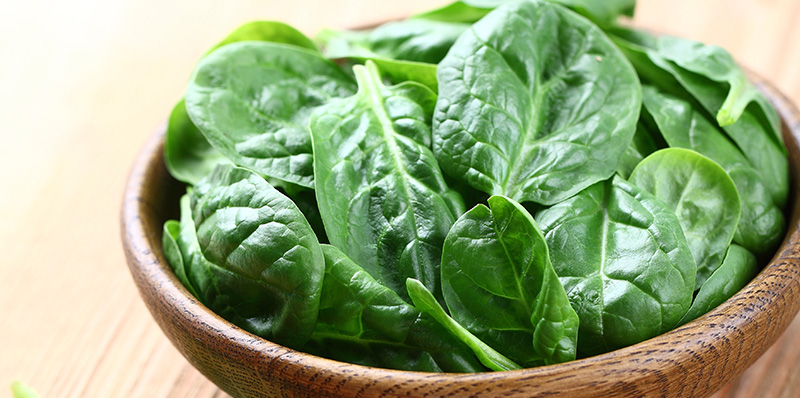

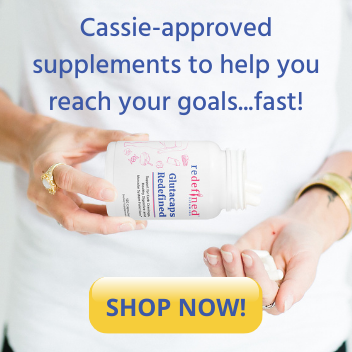
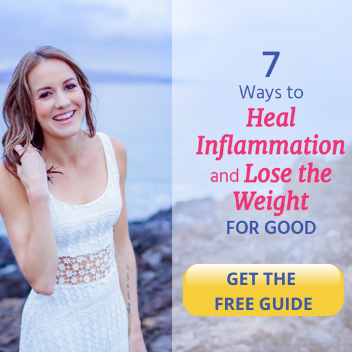

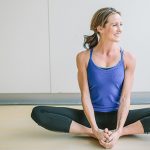


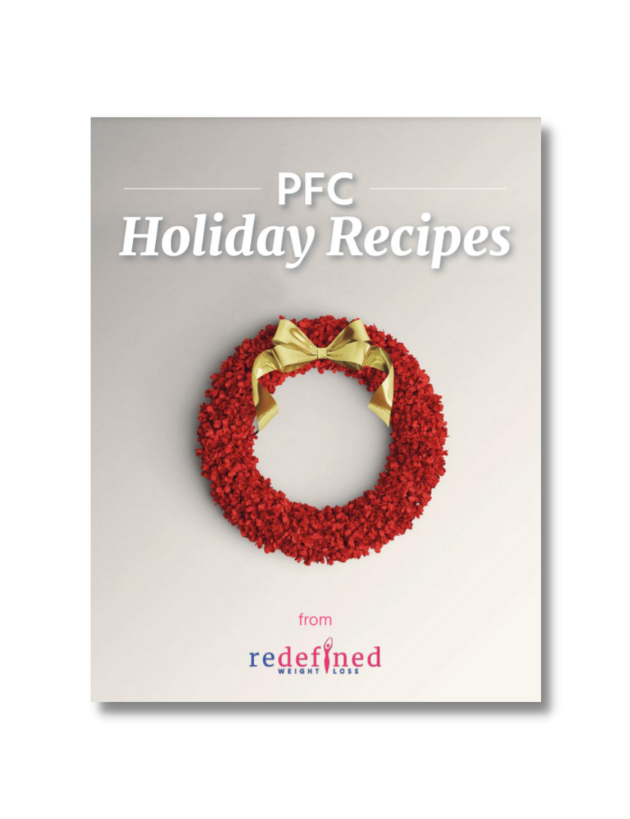

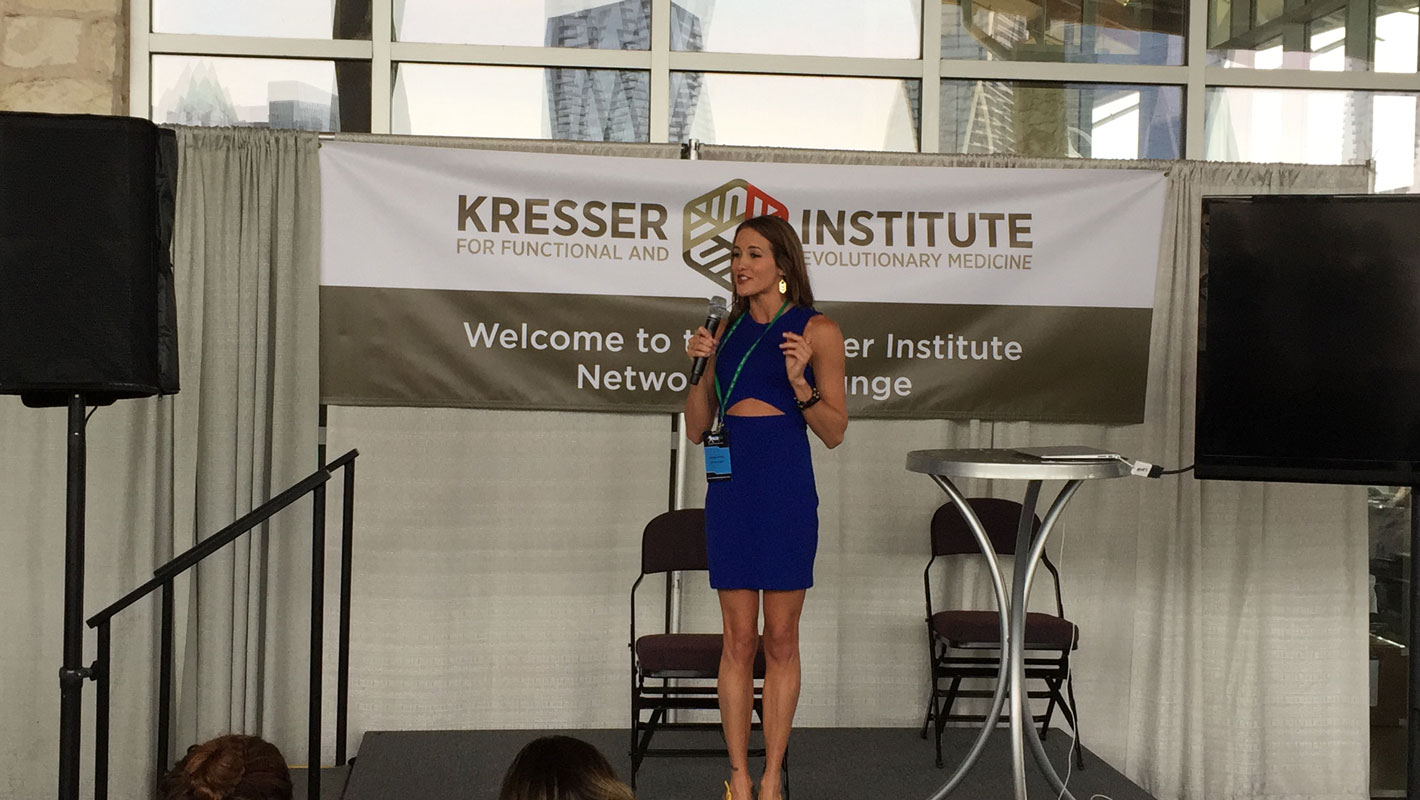
I’m a vegan that is considering adding back eggs to my diet because of your blog. However, ethical and ecological reasons aside, what about the traditionally healthy diets around the world? The island of Okinawa in Japan has a cancer rate of almost zero, and its residents’ life expectancy is over a 100 years old! They survive off of a diet of almost all vegetables and very little animal protein. Even the Mediterranean diet, also one of the healthiest, includes healthy fats and fruits and vegetables, but only a limited amount of fish. How do you still support “lunch meats” (with nitrates and preservatives) and red meat over these ancient, time-tested diets around the world? For life-long health and prevention of disease, favoring animal proteins over plant foods just doesn’t make much sense, in light of other research.
I would highly encourage you to read the book Eat the Yolks, which dispels the myth that these countries are healthier with lack of animal protein. Quality matters — I do not recommend lunch meat with nitrates (not sure why you thought that), but I recommend the highest quality meat one can afford to purchase. I expand on my thoughts here under the headline “Is it completely useless living the PFC lifestyle using regular grocery offerings if you can’t afford organic or higher quality?”: http://www.dietitiancassie.com/pfc-balanced-eating-part-3a-faq/